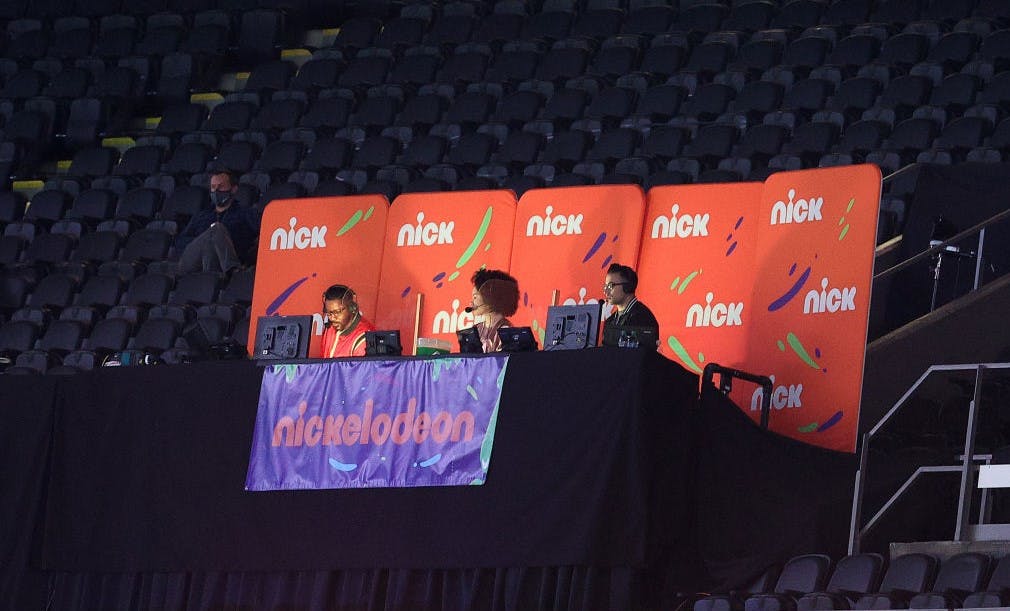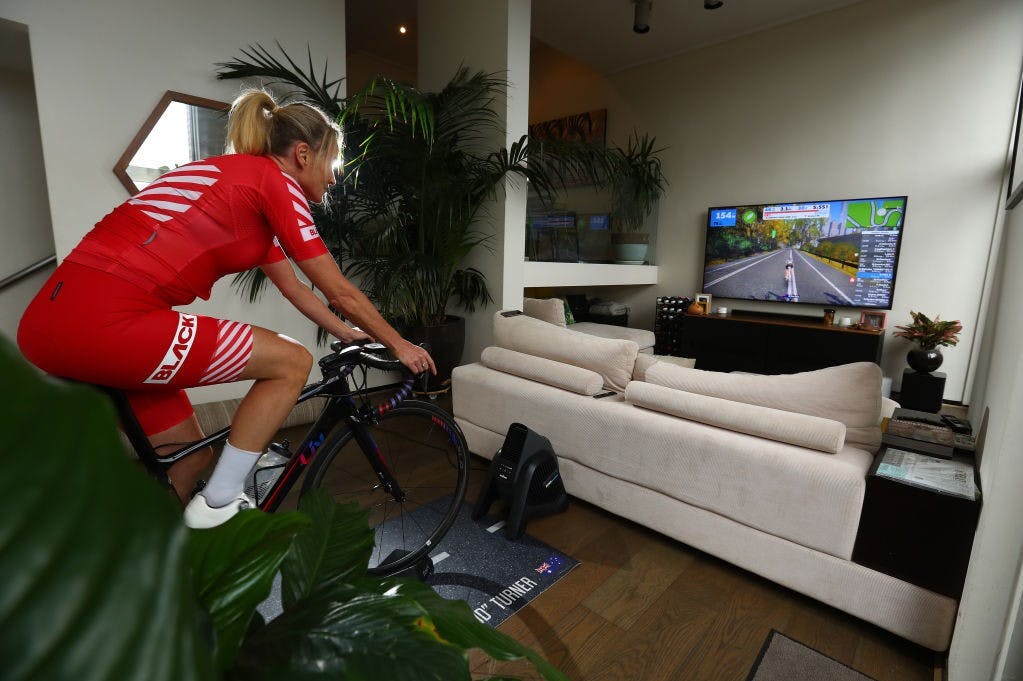
General Trends
Increasing convergence of sports and society/politics – Athletes will increasingly use their profile and platforms to pursue (positive) societal agendas. Colin Kaepernick blazed a trail for the Black Lives Matter movement in the US, and Marcus Rashford has been instrumental in campaigning for school dinners in the UK.
The success of these campaigns will no doubt embolden others to follow suit. Whilst obviously important for society at large, there are risks for the brands and teams they are paid by. Witness Arsenal and their China-related issues following Mesut Özil’s Uighur comments.
Paradoxically, standing on the fence will become a dangerous place to be, with athletes and leagues being called out for not speaking out or standing for something. Those engaged in ‘sport washing’ will also have a torrid time in controlling the agenda. On a side note, if actors and TV stars can become President, surely it not long until we have President Tom Brady or Prime Minster Sebastian Coe?
Customer data – Increasingly customer data is underpinning every commercial decision rights-holders make. This is especially true as direct consumer relationships are becoming more prevalent. All commercial revenues, especially direct-to-consumer plays, require a comprehensive understanding of each consumer. The depth and breadth of required data on every fan/consumer or potential fan/consumer manifests itself in increasing engagement and data mining. The increasing involvement in sports of Google, Amazon and Facebook will help shape how sports organisations acquire and interpret this data.
Women will be (more) equal – This will be the year for more gender balance in sports. It should not be unusual to have females as coaches or officials. Behind the scenes more and more sports are promoting exceptional female talent to senior leadership or board positions. In vision, the quality and breadth of coverage of female sports should also grow. It feels asinine we still have to talk about this in 2021.
Betting – Growing legalisation in the US and the increasing depth of data is turbocharging the growth of betting. 21 US States now have legalised sports betting with more to come, including the holy grail, New York. Outside the US, the pandemic looks likely to delay and convolute attempts to tighten restrictions on sports betting.
“Content is king” – Whether it was Sumner Redstone or Bill Gates who popularised the phrase, it has never been truer. If the current crisis has taught us anything, it is our insatiable appetite to consume sports content. From Netflix’s The Last Dance through to new sports journalism platform, The Athletic, we are in a golden age for sports content creation.
Developing and evolving content will be crucial to attracting and retaining fans (as well as commercial partners). Look for increased content personalisation as well. An example of this was the recent (and brilliant) Nickelodeon NFL broadcasts in the US featuring different graphics and commentary targeted at kids. There will also be increased personalisation experiments whereby specific content for individual consumers will be created using data-led ML/AI insights.

Short format growth – The increasing proliferation of media outlets and the fragmentation of audiences, will see leagues continue to focus on different and more engaging formats (generally shorter). A dynamic ability to adapt and change formats rapidly to best suit the audience will be key to success.
Media Predictions
Every sport will have an OTT plan – Every league and sport will need to have a direct-to-consumer video strategy. Seen by many as a panacea to stagnating rights markets, it is tricky to pull off successfully and the (technical and marketing) complexity is underestimated. The noise in the industry around OTT calls to mind the famous Mike Tyson quote – “Everyone has a plan until they get punched in the face”. Too often the mistake is conflating the experiences of other sports in other geographies, usually US leagues.
For sure, direct-to-consumer OTT will have a substantial role to play but it’s not a solution in and of itself. Major sports organisations such as the Premier League and F1 have struggled to get it right and this points to an underestimation of the role that aggregators have played in bridging the gap between sports and their consumers. The key for sport or league-specific OTT’s is a better and more highly targeted viewing experience than a ‘one feed to many service’, delivered with flawless technology, wide choice and at a reasonable price – a hard feat.
AR/Customisation experimentation will grow – Although most broadcasters have dabbled in unique feeds over the years, advances in technology, increased automation and splintering of audiences will further drive customisation. The ability to design what and how you watch sports has great potential to increase affinity and viewership especially amongst non-traditional media viewers (i.e. younger demographics).
Nickelodeon and the NFL have done this brilliantly as have the LA Clippers through Courtvision segmenting the options into Coach Mode, which diagrams the plays as they happen; Player Mode, in which real-time-updating shooting percentages hover over each player; and Mascot Mode which incorporates fan-friendly animations, graphics and special effects.
Sponsorship Predictions
‘New Media’ sponsorships will increase – Having dismissed sponsorship as ‘old school’, new media companies are increasingly seeing the value of sports sponsorship, albeit with their own twist. They come at the sponsorship business with a data-led perspective and unencumbered with histories in how sports sponsorships should be done. They are more demanding about data and ‘business back’ opportunities but have realised that sports can deliver scale and passion at almost unparalleled levels. Examples include Cazoo with Everton; Amazon Web Services with F1, the Six Nations and the Bundesliga.
Customised On-pitch/On-court/On-track commercial branding – There will be experimentation using AR and AI to provide individual viewer-customised commercialisation. This will see targeted messaging to specific individuals based on both cached and real time data. Are we really that far away from customised EPL signage on Amazon Prime, based on what Alexa hears you taking about in the kitchen?? Surely not.
Sponsors will create events/leagues – Why would Coca-Cola or Nike not create specific sporting events that directly met their objectives? They are unencumbered with red tape and complex decision-making processes at governing bodies and leagues. Athlete participation in these events will be relatively straightforward as increasingly they see their (commercial) connection closer to brands than their club or sport.
Sports Technology Predictions
Virtual competitions will continue in parallel to live events – Technology has enabled a whole raft of new competitive events to take place virtually. Zwift and others have created interesting elite and mass participation competitions during the pandemic that are interactive and compelling without leaving your home. For elite level competition, these events offer a low-cost opportunity to compete. For mass participation events the ability to test yourself around the world without leaving your home will remain a compelling proposition.

Wearables data will start to appear on screen – Increased data made available for (experimentation with) consumer insights, for example, a kicker’s heartbeat before a penalty kick in rugby union or blood pressure of an F1 team principal. Whoop’s recently announced partnership with the PGA Tour incorporates a charitable angle whereby players biometric data will be integrated into video content in real time.
Sports-Specific Predictions
Tennis – The year of Naomi Osaka – The Associated Press’ 2020 Female Athlete of the Year will be front and centre, everywhere. Her activism as well as ability (and possibly Tokyo 2020) will propel her into the upper echelons of sports stars. She has already picked up Louis Vuitton, Tag Heuer and Workday as new partners in early 2021. She will be the next global superstar (if she isn’t already).
Football – Premier League will announce a regular season game abroad – There will be a match played abroad in the 2021-22 season. Probably in the Middle East.
Football – Interactivity – A football club (somewhere) will canvas fans on transfers or squad selection and act upon the results. There is some precedent for this concept. Coventry City board member, Leonard Brody, suggesting as far back as in 2008 that the club could raise money by getting fans to text advice on substitutions to a premium rate phone number.
Mass Participation will explode – The desire to be involved in Mass Participation events will come back with a vengeance. Ironman, Tough Mudder and Park Run will see huge registrations when restrictions permit.